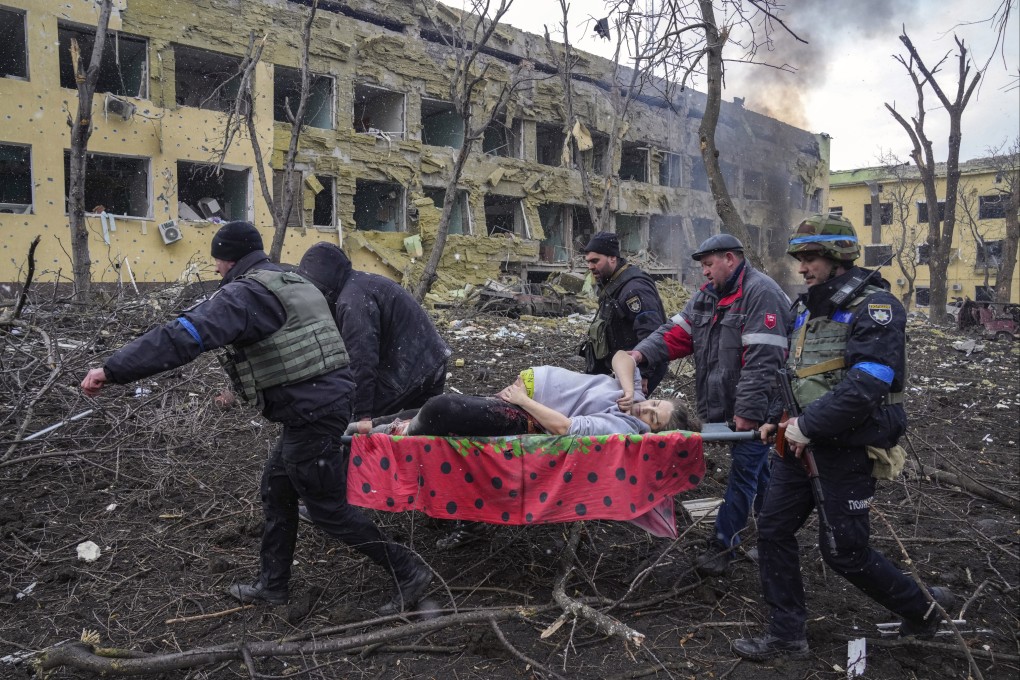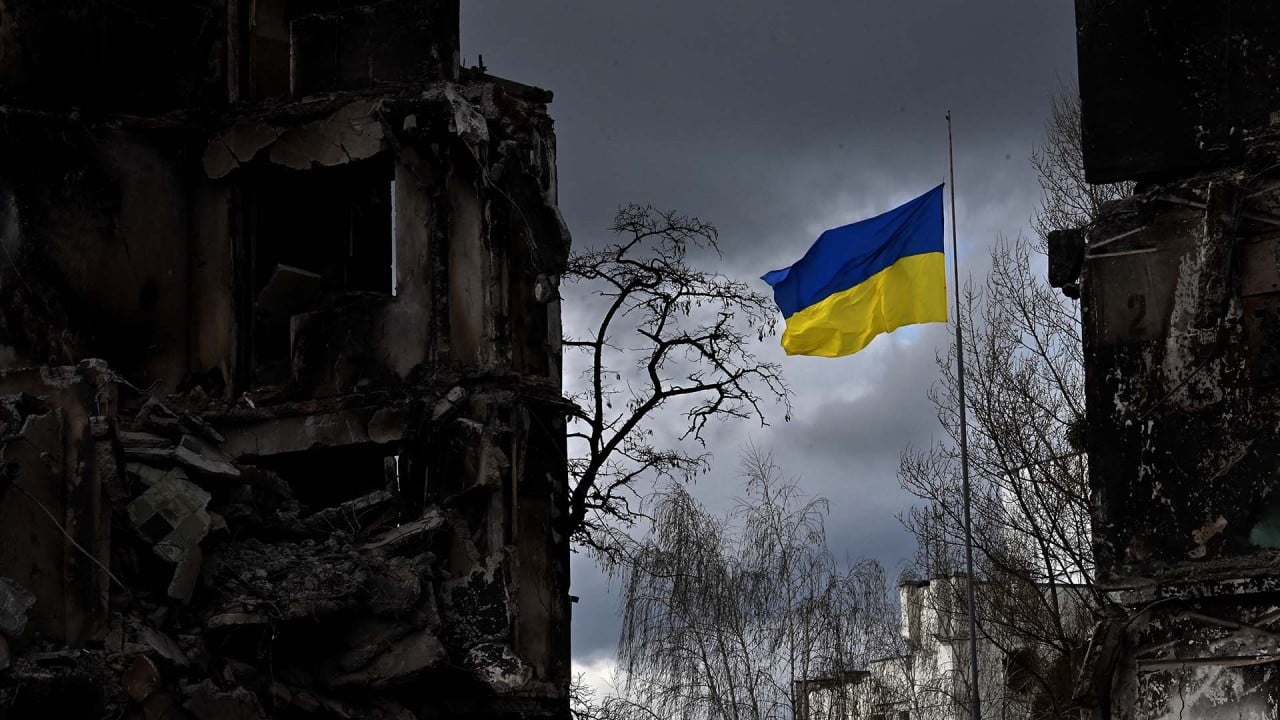Opinion | We live in the age of nasty metaverse wars. Is there no escape from this hell?
- The digitisation of war reporting is turning conflicts into a ‘gamified’ social media performance
- Censorship is as strong as ever, as is sensationalism, but civilian journalists can contribute to the ‘denaturing’ of war

In recent months, scores of reporters and commentators have expressed surprise at the ‘return’ of war and the renewed chances of a ‘Third World War’ centred in Ukraine. Much the same surprise was expressed by Germany’s most prominent public intellectual Jürgen Habermas.
“77 years after the end of the second world war and 33 years after the end of a fragile peace maintained only through a delicate balance of terror,” he wrote in April in the Süddeutsche Zeitung, “disturbing images of war have returned – right outside our door and unleashed arbitrarily by Russia.”
I have found such remarks both surprising and puzzling, if only because in my lifetime, war has been a constant companion. I was born into an age of unending war. My uncle was tortured and starved to death in a Japanese concentration camp on the Indonesian island of Ambon. Images of death and starvation in Biafra first reached me as a teenager through the newspapers of the late 1960s. In my first week of university, I was conscripted to fight in Vietnam. I refused. Famously called the first television war by media theorist Marshall McLuhan, that brush with war sparked family disagreements and taught me my earliest political lessons. I had a close-range taste of gunfire when visiting Lebanon just as that beautiful country was plunging into a brutal conflict that proved no war is ever civil. I saw how war generates vicious circles of hatred and leaves a whole country in utter ruins, with only victims and no victors.
War has been unending for me in other ways. The highlights – the low points – include turning my back publicly on the hoisting of Union Jacks during the Malvinas War. Angrily thumping a presenter’s table during a December 1991 Sky Television News interview about the bombardment of Dubrovnik, a city where I had taught for several years before the outbreak of a vile war that scarred most of my Yugoslav friends for life.
I later wrote and presented a BBC radio documentary on the secret nuclear testing that took place from the mid-1950s in my native South Australia. It featured survivors’ stories of the reckless experiments that vomited plumes of contamination across the desert and left behind a vast zone of deadly nuclear rubbish that claimed unknown numbers of lives, including uprooted indigenous people and onsite workers, among them my father.
I was moved to write and publish essays and books about violence, the history of war and democracy, and the new wars against drug lords, terrorists, guerillas and other non-state actors. Through the media of television, radio and newspapers, I have witnessed what feels like a permanent procession of wars, in Mozambique, Mali and Somalia, in Palestine, Iraq, Afghanistan and Syria, and in Myanmar and Kashmir. And now there’s global media coverage of the horror, carnage and day-and-night destruction raining down on the people of Ukraine.

History matters
When trying to make sense of these wars of our age and how journalism narrates their effects to wider publics, history really matters. When we are ignorant of the past, we invariably misunderstand the present; awareness of the past helps us grasp the measure of things. We come to realise, for instance, the great military and political significance of new weapons (the sword, Greek fire, crossbow, the machine gun and chemical weapons) and changing modes of war fighting. We come to understand how, in the second half of the 19th century, war fought by cavalry and close infantry formations was rendered obsolete by rifles, steel cannon and bursting shells; and we are forced to wonder whether nuclear weapons and the so-called “balance of terror” will permanently protect our planet from human self-destruction.


